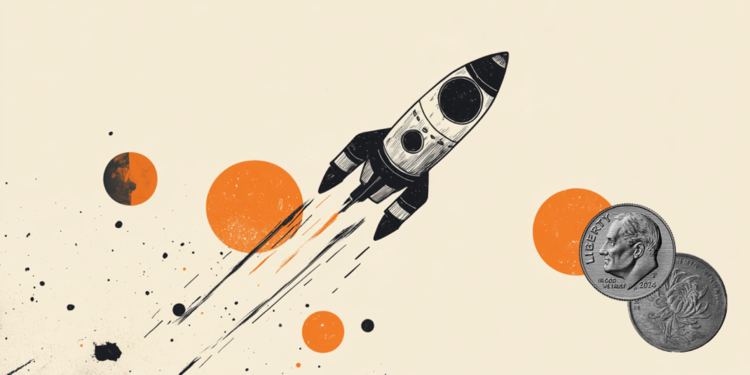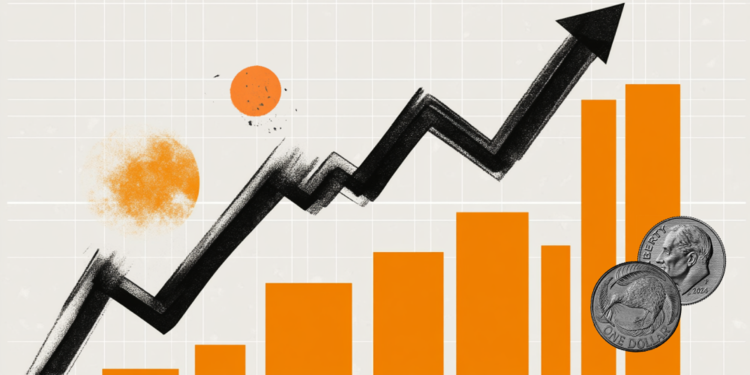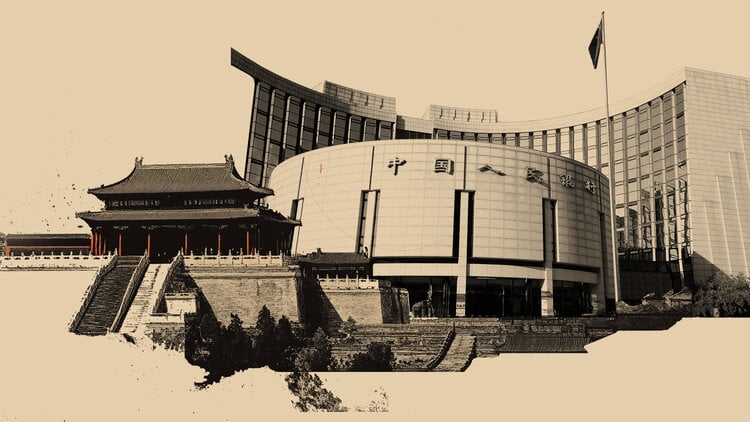The link that connects Russians to Vladimir Putin is not rational, but emotional.
More than a person, Putin represents a place and a time: the Soviet Union, where everyone — not just Russians, but other ethnicities as well — was together and his country was respected by the United States and Europe.
Alexey Levinson, director of Research at the Yuri Levada Analytical Center in Moscow, the most important opinion institute in Russia, found this finding. In office since 2003, Levinson draws on more than 270 surveys conducted by Levada since Putin came to power in 2000.
The last poll, completed on Tuesday (27), registers Putin’s approval rating of 81% — 2 points less than in the May poll, a variation considered irrelevant.
According to Levinson, wars help Putin, even when results on the ground are not good, as is the case in Ukraine. “Putin’s every military endeavor gives him additional support from the public,” the expert told CNN .
“It was the case in 2008 in Georgia, and in 2014 in Ukraine, a very successful military operation, and about the same in February 2022. In this case, the operation is not so successful, but the Russians say which it is, without bothering to explain to themselves what kind of success,” he added.
In all three cases, war added approval by about 12 to 20 percentage points.
In just one moment in these 16 months of invasion, in September 2022, when the mobilization of soldiers was declared, there was a loss of 7 points, but with a quick recovery, in two months.
“Perhaps there is a correlation between low popularity and the military operation that normally gives it a boost,” says Levinson.
Before the invasion, in February 2022, Putin’s approval rating had reached the closest to the bottom, 60%.
Since 2002, approval has only been below that level once: 59%. “When some smell of war grew stronger, in December [de 2021] and january [de 2022]the level increased to 83%,” recalls Levinson.
However, it is not traits like belligerence or masculinity that Russians point to in Putin.
The most popular answer to the question “How do you formulate your attitude towards Vladimir Putin?” is: “I don’t see anything negative about it”, with 31%. Then, “sympathy”, with 23%, “admiration”, 19%, and 12% say they are “indifferent”. The other answers have less than 5%.
Who or what does Putin represent?
Since the beginning of Putin’s presidency, the Levada institute has also asked which sectors of the population he represents.
The most popular answer has always been “the security forces”, since the president comes from the secret service. Then, the “oligarchs” (“bankers and capitalists”, explains the researcher). “Russians have no illusions,” concludes Levinson.
“Putin is not seen as representing ordinary people. He is not the father of the poor. They understand who he is and support him. And they express the desire for him to remain in power even after 2024, when the next elections will be held.
A change to the constitution in 2019 allowed Putin to be re-elected at least until 2036, when he will turn 84.
“The attitude of the Russians towards Putin is not so simple to understand”, warns the researcher. “It is not worship or personality cult or charisma. Not even attraction to the iron fist. His power is symbolic. The analogy would be with the figure of a religious leader, the head of a church”, he puts it.
For most Russians, Putin does not even have special virtues, he is not so good.
“They need to focus on a symbol. Russians feel dispersed in space, in a very large territory, in a modern life that divides people into small groups. They are nostalgic for the time when we were all one family and one big state.”
Putin makes Russians feel that Soviets — not just ethnic Russians — are still together.
“He represents the Soviet man. It’s not a matter of Russian ethnicity. The most important thing is the worship of the State. The state is the supreme value of Russians. It’s what they really value. Putin represents the glory of Russia, especially when challenged by the US and the West,” he explains.
The owner of the Wagner mercenary group, Yevgeny Prigozhin, who led a mutiny on Saturday, gained considerable popularity during the war, in which he harshly attacked Russia’s regular military forces and elite. By the latest Levada poll, 35% of Russians approve of Prigozhin, and 39% disapprove.
The institute is doing specific research on the owner of the Wagner after Saturday’s riot.
“It can have both effects: some will admire you and, also, a large number will call you a criminal”, speculates Levinson.
The head of a leading human rights organization, who asked not to be identified, says many people in Russia fear “a new wave of repression” after the Wagner riot. “Further: immediately, there will be no quick reaction.”
Unlike Putin’s image in the West, he is seen as “moderate” in Russia, says Aleksander Losev of the Council for Foreign and Defense Policy in Moscow, which does scenario analyzes with projections for about a year.
“In Russia, chaos could arrive in the spring (end of the first half) of 2024, if Putin does not win his next ‘elections’ or, God forbid, enter into negotiations with (Ukraine President Volodymir) Zelensky” , predicts Losev.
“Then there will be another leader in Russia, much tougher and not as pro-American as Putin. Yes, the intellectual community in Russia considers Putin a pro-Western leader.”
According to the Russian analyst, “the United States made a giant mistake by rejecting Putin, attributing him traits of authoritarianism”.
Losev continues: “If a moderate and rational Putin cannot get results in Ukraine, then the future Russian leader, with the powers of a dictator, will win.
In that case, Europe will lose a lot and Ukraine will simply disappear.”
Source: CNN Brasil
Bruce Belcher is a seasoned author with over 5 years of experience in world news. He writes for online news websites and provides in-depth analysis on the world stock market. Bruce is known for his insightful perspectives and commitment to keeping the public informed.







